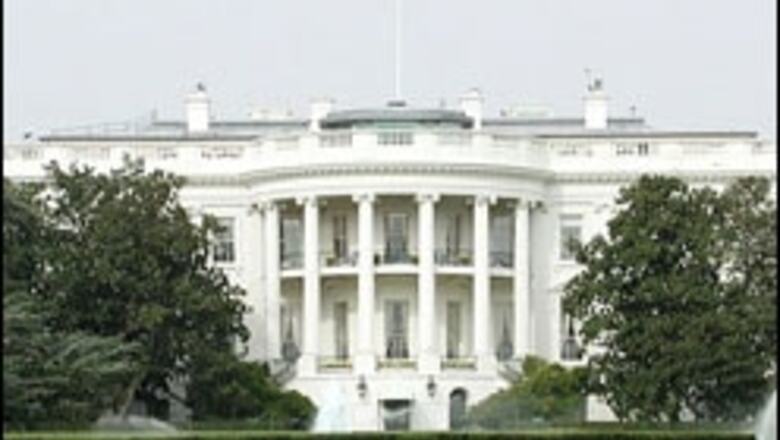
views
New Delhi: The nuclear bill of the US, called HR 5682 in the US, is an Act that was approved by the House of Representatives in July this year with some contentious changes, which have now been questioned by its detractors.
Section 4(B)2 of the revised bill states that the deal will be valid only if India and the IAEA have concluded an agreement requiring the application of IAEA safeguards in perpetuity, which doesn't include the assurance made by the Prime Minister to Parliament regarding a joint negotiation with the US and India-specific arrangement and a fuel reserve strategy.
This is something that is in contradiction to the Prime Minister's earlier assurances.
The other contentious section is the 4C(I) (iii) on the supply of nuclear fuel. According to the bill, the United States will not assist India's nuclear weapons programme in any manner, including any provision of nuclear fuel that could 'facilitate the increased production of highly-enriched uranium or plutonium in unsafeguarded nuclear facilities'.
Interestingly, the Bush administration has made clear that it would oppose any amendment that would require renegotiation of what was agreed to in the July 18 statement.
On Iran, the US administration spells out that it would oppose any amendment conditioning cooperation with India upon India's policies towards Iran.


















Comments
0 comment